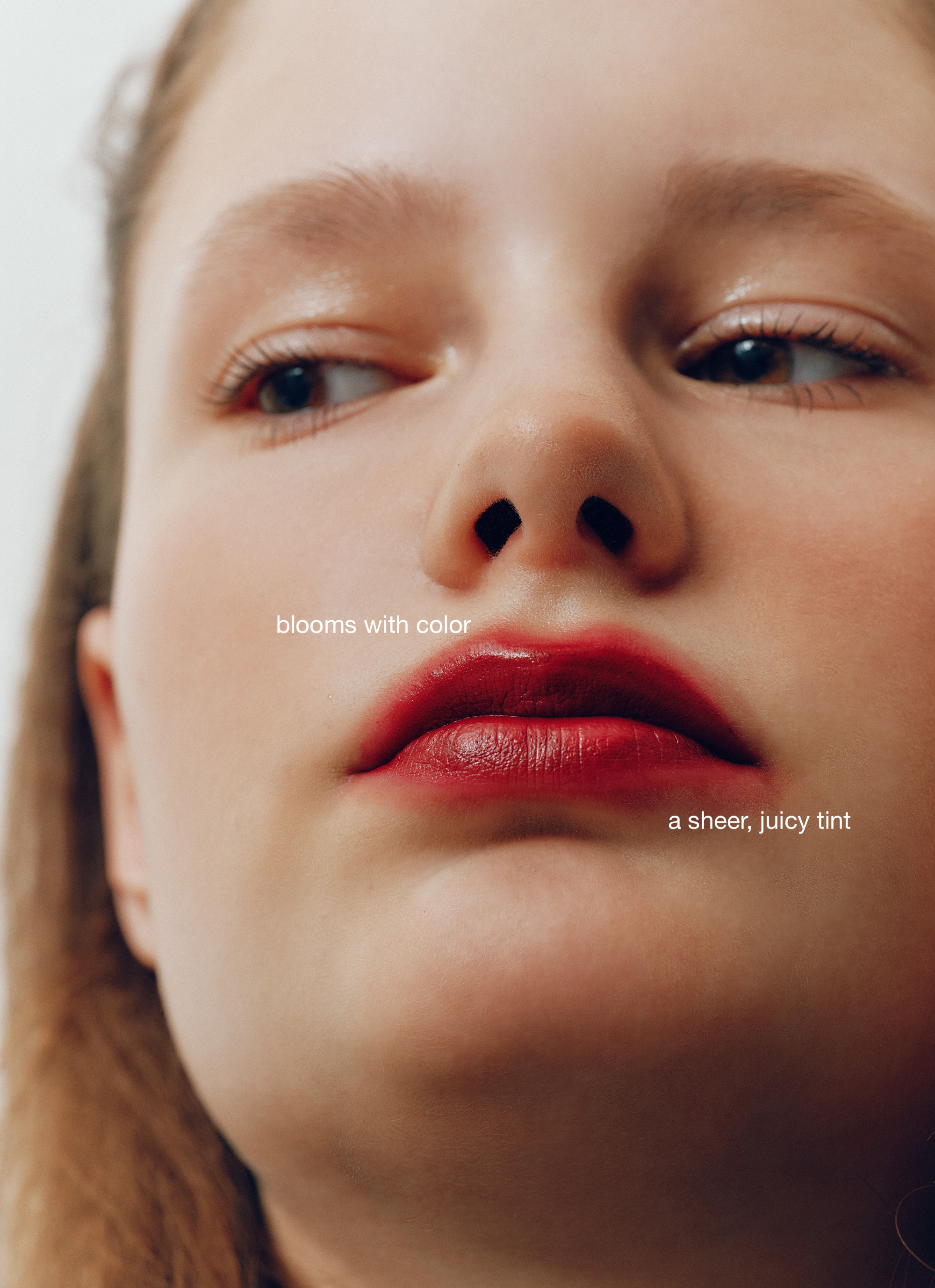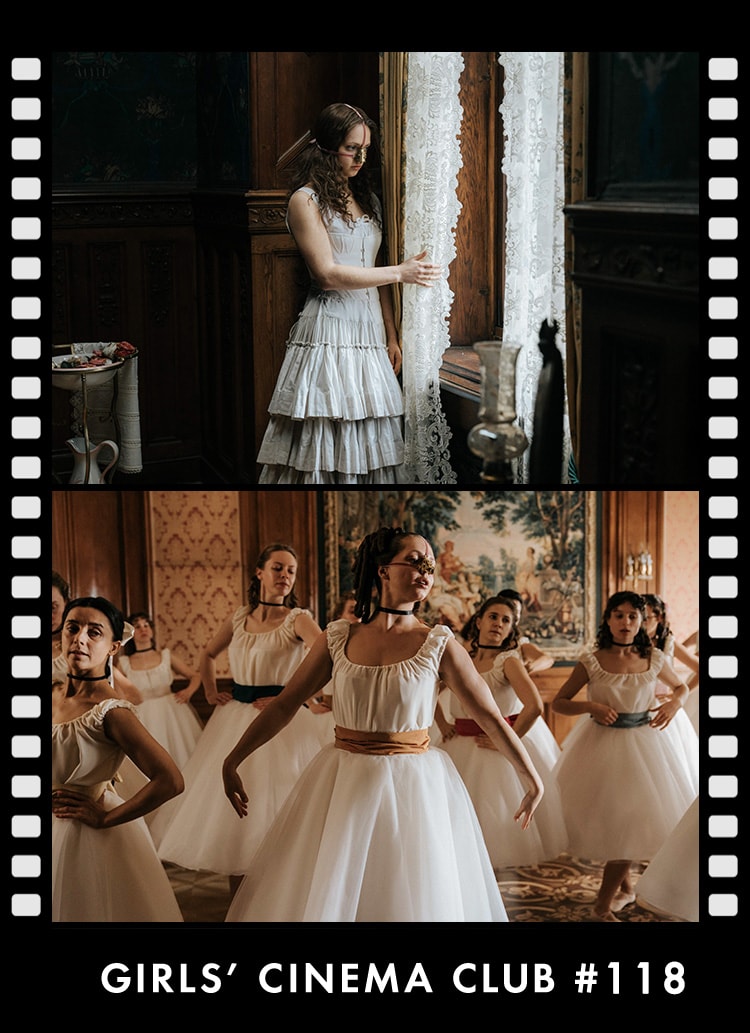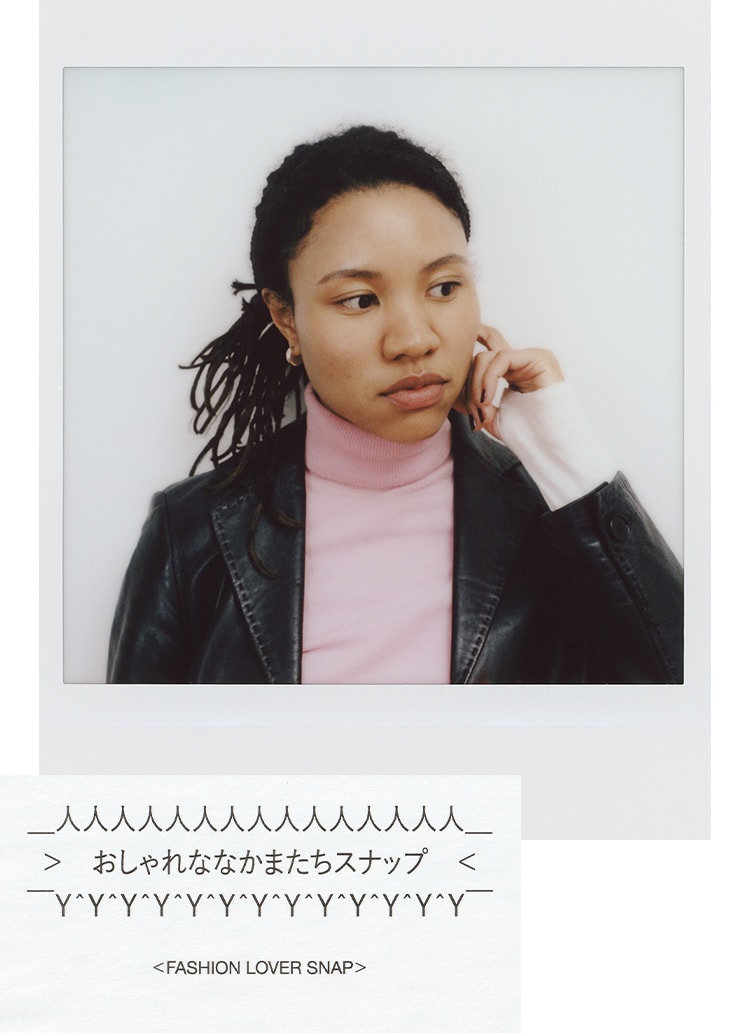In the Corona disaster, going abroad has become a distant thing in itself. However, when you can't go abroad, it is human nature to want to go even more. Don't you all want to travel abroad very badly now? So, until that day arrives, I think it is the role of the media to provide you with a variety of information about the other side of the ocean. So, this is the final installment of the Series by Shunpei Seki, who is active in Paris.
Photo&Text_Jumpei Seki
Shohei Seki
FASHION IMPROVER
Born in Tokyo in 1979. Based in Paris, he works as a Fashion Improver to enhance the value of various domestic and international companies. In October 2019, he will open his own select store, PARKS Paris, in the 16th arrondissement, one of the most exclusive areas in Paris.
Instagram:sekijumpei
Vol.6_LUTAYS
Bonjour, everyone! My name is Seki from Fashion Improver, and it's been almost 6 years since I suddenly moved to France in my mid-30s. I'm a middle-aged man who loves fashion, and I'd like to share with you some of the wonderful shops I've come across in Paris. In this project, I would like to introduce some of the wonderful stores that this middle-aged fashion lover has encountered in Paris, along with the people who are involved in them. I hope to share with you the charm of Paris as I, Seki, a HOUYHNHNM's reader like you, have seen it.
Well, well, well, this is the final installment of this Series that started in January. In this sixth installment, we will talk about a brand launched by a man who came to Paris from Belgium in search of French classics.
French classics done with traditional French couture techniques."
Isn't it somewhat intriguing just to hear this concept? Let's talk to Jean, the founder of the company, at the appointment-only store, which we think is one of the most beautiful in Paris.
Jean-Baptiste Rosseeuw
After obtaining a doctorate in law in Belgium, he met bespoke shoemaker Pierre Corthay and changed his life plan to share his exceptional craftsmanship with the world. He studied luxury business at "Sup de Luxe" in Paris, and after gaining experience in several brands, he launched "Lutès (LUTAYS)". Currently, he sells his collections at appointment stores in Paris and at "gallery ATELIER" and "Q retailor" in Japan.
Hi Jean, nice to meet you.
Jean: My pleasure. I'm glad you're here.
Jean is from Belgium, right? What city is that?
Jean: Brussels.
Why did you come to Paris?
Jean: I have been very interested in craftsmanship since I was in Belgium, and I thought it would be good to go to France or Italy to learn about it. I decided to go to Paris, where French, my native language, is spoken, because I needed to communicate with craftspeople in order to understand the world deeply.
It's not just simple business talk, but we have to understand each other and communicate the finer nuances of each other's work in order to create good products.
Jean: Yes, I think in order to work with artisans you need to get to know them better. That is the first reason why I chose Paris. And secondly, for me, there are many attractive things to see in Paris.
So, you mean that many of your favorite brands were in Paris, too?
Jean: Yes, I came to Paris as a student with only a resume and a train ticket, hoping to work at either Corthay or Arnys. If I couldn't get a job at either of them, I would go back to Belgium.
Yeah, yeah, yeah.
Jean: I went to Corte first, where I spoke passionately about how much I loved the brand and ended up working there as an intern.
You took one chance.
Jean: Yes, I think we were very lucky.
What did you do at Corte?
Jean: The Paris store had a bespoke atelier attached to it, and I spent six months there as an assistant.
You're not a craftsman, are you?
Jean: Not as a craftsman, but in support of their work. I learned a lot about how to communicate and share my vision with the artisans in the atelier.
What happened after your internship at Corte?
Jean: Once I returned to Belgium to finish school, I attended "Sup de Luxe" in Paris, a school established by Cartier to train managers in the luxury business.
I didn't know there was such a school.
Jean: During the school program, when I wanted to work somewhere, I asked Pierre Cortet to introduce me to a wonderful trunk maker in Paris called Pinel & Pinel, and he said, "No, you should work for Cortet. I asked Pierre Cortet to introduce me to a great trunk maker in Paris called Pinel & Pinel, and he said, "No, you have to work at Cortet.
That's a good match (laughs).
Jean: Now I'm in charge of production management and logistics in the atelier, and it's very interesting to be involved in the ready-to-wear business, since I was mainly looking at the bespoke process last time. After graduation, I was advised that working for a bigger brand would be a good experience, so I ended up going to Bottega Veneta.
That's a big name. Did you work in Paris?
Jean: I was told that if I wanted to understand the industry, I should work in a front-line store. I was assigned to a store in a department store in Paris, but my manager agreed to bring the service of the main store to the department stores, so I worked as a trainer for all the stores in all the department stores in Paris.
I also think it is very important to sell in a store to learn about the brand business.
Jean: As a result, I was lucky to be able to experience all the different processes of the luxury business in a short period of time. I was able to direct LAVABRE CADET because of this experience.
You are a well-established glove manufacturer.
Jean: Lavabre Cade was a top-quality atelier that also made gloves for HERMES and CHANEL, but after those maisons started setting up their own ateliers, business was getting a little difficult. That's why I suggested that couture techniques be used more in the men's world. Men like handmade products, and if they are going to wear expensive suits and coats, they need gloves to go with them.
It's a process of bringing the craftsmanship closer to the customer's needs.
Jean:That is how I developed my standard men's and women's collections, which I began to distribute to stores around the world. The concept of my brand "Lutès" is to create "French classics with traditional French couture techniques.
Finally, we are talking about LUTES! (laughs) When did you start the brand?
Jean: The idea for the brand has been in the works for several years, but we launched it last January at Pitti Uomo. However, we were not exhibiting at that event, but rather rented a different location to exhibit during that period.
What is the origin of the brand name?
Jean: "Lutès" is based on the old name of Paris, similar to how Tokyo used to be called Edo. The original spelling is Lutèce, but I spelled it LUTAYS to make it pronounceable to English speakers and to connect the old to the future.
French names are hard to pronounce. May I also ask what you want to express or convey with the LUTES brand?
Jean: To clearly communicate French classical music to the world. When people hear the words "England" or "Italy," they think of something, but I don't think many people can think of French classical music.
Indeed. I think it is difficult to explain the French classical style.
Jean: So I hope that my brand will help people learn about the wonderful culture of France. But I don't want people to think too hard about it.
I think it would be a little too heavy, or too descriptive, for a piece of clothing. This may be a bit of a clash with my previous question, but what is the most important thing for you as a brand?
Jean:It's about being consistent in what you say and what you do. For example, I think the best way to convey French classics is to make them in France, or to use couture techniques to make comfortable casual wear, so I think it is important to be consistent from concept to finished product.
I know exactly what you mean...I remember when Jean and I first met, we talked about something that left a deep impression on me...you mentioned something about keeping the bottom button of jackets and vests closed. Can I ask you about that again?
Jean: Of course. For example, this "VALMONTI'd like you to look at a vest called. It doesn't have a breast pocket, does it? In France, handkerchiefs were originally used to blow one's nose and kept hidden in the sleeves, not to be shown to others. That's why we don't have breast pockets.
I had always thought it was normal for vests and jackets of this shape to have breast pockets, so it's interesting to hear you say that.
Jean: The practice of unbuttoning the bottom button originated in England, where King Edward VII did so after dinner because his stomach was in distress, and people imitated him. My motif is a French vest from the 17th century, so I believe that the correct way to wear a vest is with the bottom button fastened.
I see.
Jean: In this day and age, cultures from many different countries are mixed together, and people are rarely aware of where they originally came from.
That's very interesting. By the way, when did you move to this place?
Jean: It's January of this year.
It's a really beautiful place with high ceilings. What was the building originally?
Jean: It looks like this used to be a power plant. I think huge machines used to be placed here. I hope people who come here will look at the collection, thinking back to that time.
How do people actually order when they come here?
Jean: First of all, I ask them to make an appointment through the website, and then I have them try on samples at this location and choose a model. Sometimes I give them advice based on where they want to wear the garments and their usual lifestyle. Once they have chosen the type and fabric, I have them try on the size samples here to determine the fit. Although the garments are not custom-made, I can make simple changes to the length.
How long does it take to complete the order?
Jean: It takes about 6 weeks from the time of order.
What kind of customers do you have? Are most of them French?
Jean: That's not the case, and I'm happy to say that we're getting orders from all over the world.
What would you say the percentage is?
Jean: The ratio has changed somewhat due to the corona, but I think it is roughly 351 TP10T for France and 651 TP10T for the rest of the world.
What kind of customers do you have?
Jean: It's very exciting for me because there's a very wide range of generations, people in their 30s to 60s, people from all walks of life.
I can see why everyone falls in love with this quality. Where in France do you do your sewing?
Jean: It's a couture atelier in Normandy. Normandy is traditionally an area of couture ateliers. Christian Dior is from Normandy.
I had no idea. I have the impression that couture is for women, but what else is the difference between tailor and couture? I guess they both have something in common in that they are custom-made for their customers.
Jean: I think there is beauty in the fact that tailors continue to follow the traditional way of making clothes, but couture is more challenging, always looking for new ways of doing things, using the latest technology and sewing machines. I am not saying that one is better than the other, but that is the difference, and that is the reason why I make "LUTES" in my couture atelier.
Do you have a single craftsman sew each LUTES jacket?
Jean: That's right. It is not made on a production line like in a factory, but by a single craftsman who works from start to finish, making full use of both the sewing machine part and the hand work. I think the best way to make a product is to use both parts depending on the purpose, such as the part you want to make it look beautiful, the part you want to give it warmth, or the part you want it to have a function.
At LUTES, jackets are basically the main items, with one shirt and one vest. Why is this?
Jean: I knew that if I was going to do a brand, I needed to become a specialist first. When I look back on my experience, I think, "What are the best shoes?" "What are the best gloves? So I wanted to create a brand that fits that description. In the case of LUTES, it would be great if we could make the "best casual jacket. The definition of "suit" has actually changed a lot over the years: a frock coat in the 19th century was a suit, and tailoring today is also a suit. So, perhaps a casual jacket from LUTES could be called a "suit" tomorrow.
Even if the suit itself does not disappear, the item itself is changing, so the idea is that it may become the "suit of the future.
Jean: Exactly. It would be interesting if that happened.
Do you plan to make trousers in addition to jackets?
Jean: Yes, we have had requests from customers to have a full line of "LUTES", and we are preparing to make them in a couture atelier specializing in trousers, which is separate from jackets, so we hope to launch them this winter.
I'm really looking forward to seeing what trousers made by couture, not by tailors. Which of the models you are currently offering is your favorite? Is that a hard question?
Jean: No, I think that's a good question. I wouldn't recommend something to a customer if I didn't like it, and I wouldn't make something I wouldn't want to wear myself. I don't make clothes that I wouldn't want to wear myself, because I think I am LUTES' most demanding customer (laughs).
I can recommend them to my customers with confidence because I like them. Which model is the most popular?
Jean: In summer, you can use "BOUTETIf it's winter, it's a model called "ZOLAI wonder if "is" is popular.
By the way, have you ever been to Japan?
Jean: I went once three years ago. I went there for a vacation, but I wanted to experience Japanese craftsmanship, so I went to see Mr. Nakagome of "COHERENCE" and to order shoes from Yohei Fukuda. I like Japanese culture and sensibilities. LUTES resonates with that.
It sounds like a business trip schedule, but you really like that world.
Jean: I think that the Japanese and French sense of beauty is very close. I also think that we share the same quest for quality.
What is it that Jean is most interested in right now?
Jean: First of all, I want to make new jackets. I would also like to collect more fabrics just for LUTES. It's not easy, but I would like to increase the number of fabrics made in France.
I don't see many fabrics made in France, aside from moleskin and the like.
Jean: Now we want to find partners around the world.
Jean, you don't use the term "wholesaler" or "store," but rather "partner.
Jean: Yes, I don't want to do the old so-called wholesale. I want to take advantage of the flexibility of the couture atelier to offer special collections made for each partner.
You want to respect their style.
Jean: Yes, it's a dialogue. We talk a lot and try to find the best form for each other.
Okay, I know this is a regular thing, but one last question. What has changed the most since the Corona situation?
Jean: I think the Corona situation has changed the way I look at things regarding my business, especially the menswear market. I don't see it as a disaster, but as an opportunity to accelerate things, and I think people are looking for more beauty and authenticity. On a personal level, I would say that I am more in touch with my family and friends, which is also a good change.
Thanks for all the fun we had today! I can't wait to order my Luteth jacket, so I'll be back here one more time this week!
Jean: Thank you too! I'll be waiting for you with my schedule open!
~ After completing the interview...
French Classics and Couture Techniques
As a Belgian, I felt a sense of affinity with his enthusiasm to introduce the appeal of French classics to the world, which is a foreign country even though we are neighbors. It has been six years since I came to France, and I have often struggled to verbalize the appeal of French fashion, so I am very much looking forward to seeing how his brand will spread around the world.
Compared to England and Italy, French men's fashion is difficult to explain, but if you look at it as flexibility, I think it is also charm.
The price of this beautiful jacket, which looks like a work of craftsmanship up close, is quite expensive, but I decided to buy it myself, telling myself I would wear it for 10 years. In fact, I ordered it immediately after the interview, and I am now looking forward to putting my sleeves on it this fall.
This is the end of my six-month-long Series. Thank you very much for your patience with my poor writing. If I have a chance, I would like to interview interesting people in Paris, not only stores!
So, everyone, À bientôt !!!


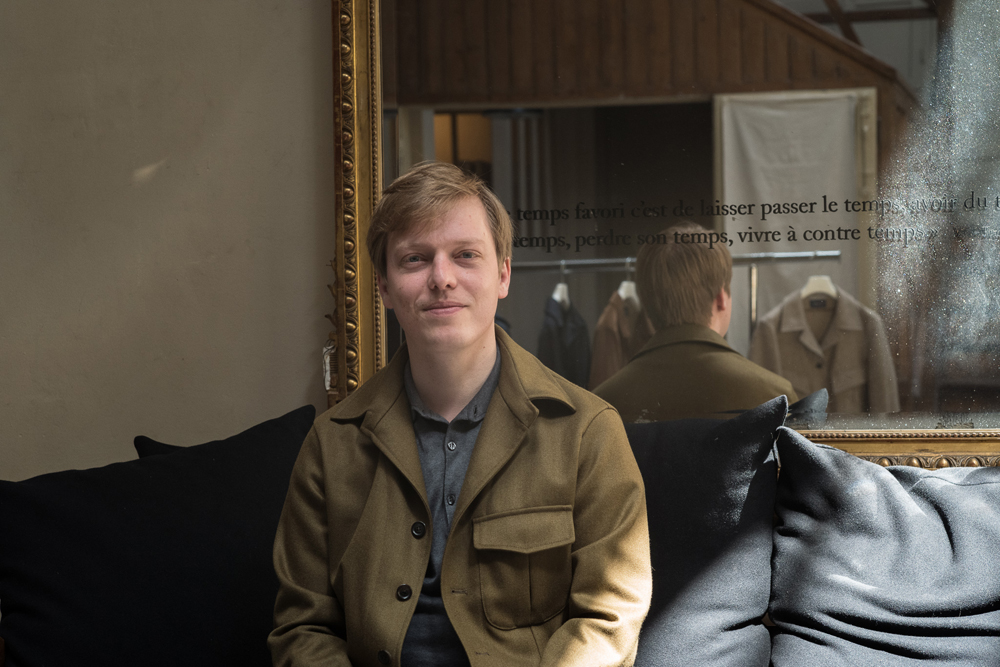

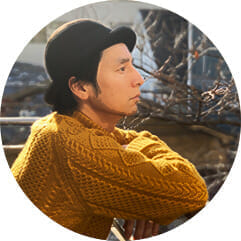
![Series 【 Parisian 6-years store visit...] Vol.5_Laperruque](https://www.houyhnhnm.jp/wp-content/uploads/2021/05/Laperruque_001-700x467.jpg)
![Series 【 Parisian 6 years of shop-hopping...] Vol.4_BRUT](https://www.houyhnhnm.jp/wp-content/uploads/2021/04/BRUT23-700x467.jpg)
![Series 【 Parisian 6 years of shop-hopping...] Vol.3_DISTANCE](https://www.houyhnhnm.jp/wp-content/uploads/2021/03/DISTANCE21-700x467.jpg)
![Series 【 Parisian 6 years of exploring stores.] Vol.2_THE COOLEST MAN YOU KNOW](https://www.houyhnhnm.jp/wp-content/uploads/2021/02/tcmyk_0001-700x467.jpg)
![Series 【 Parisian 6-years store visit...] Vol.1_Super Stitch](https://www.houyhnhnm.jp/wp-content/uploads/2021/01/SuSp_0001-700x467.jpg)

